Juliet:
"What's in a name? That which we call a rose
by any other name would smell as sweet."
Shakespe are’s Juliet asked this eternal question. We all have names which we call known objects or people which are not actually their name and they do not change what or who they are. I called my son Ryan ‘bud’ for years (sport and pal were already taken) and finally landing on “R” (he has an Uncle Rodger and an Uncle Ron…I kept getting confused). His name wasn’t Bud or ‘R’, but I knew who he was and there was no need to always be correct. ‘That which we call a rose by any other name’…right?
are’s Juliet asked this eternal question. We all have names which we call known objects or people which are not actually their name and they do not change what or who they are. I called my son Ryan ‘bud’ for years (sport and pal were already taken) and finally landing on “R” (he has an Uncle Rodger and an Uncle Ron…I kept getting confused). His name wasn’t Bud or ‘R’, but I knew who he was and there was no need to always be correct. ‘That which we call a rose by any other name’…right?
In a professional setting however, there is a need for correctness and recognition. For example, I may call a Dentist or Physician, “Doc” if I knew them well enough, but not in front of a patient. Then it would always be “Doctor”, denoting their position in the relationship.
Dental laboratory technicians have been called many things over the years and many of the names persist today. Recently on a Continuing Education site, the courses were listed for; Dentist, Dental Assistant, Dental Hygienist and Laboratory Technician. I silently wondered what type of Laboratory Technician they were referring to; Chemical, Engineering, Biological? They didn’t indicate that the laboratory technician was part of dentistry. I would guess that it was never a thought, ‘Lab Guy’ being the most common reference, followed by ‘The Lab Guy or My Lab Guy’. They have also been called Dental Mechanics, Lab Rats and my favorite; Plaster Monkey. Certainly none of these names connect them to their chosen and in modern dentistry, indispensable profession.
Many have been self-taught or learned ‘on the job’, as there continues to this day no registration or certification requirement in the US. But there are many that have completed formal education and/or have been board certified in their field. These technicians bear those great little letters after their names which should be recognized by all dental personnel, just as the lab personnel recognize the remainder of the titles in the dental field; DDS, DMD, RDH, DA, RDA, EDA.
To help in that effort here is a rundown of those suffix initials and what they mean:
RG: This is a Recognized Graduate of a formal technology School who has passed the recognized graduate exam from the National Board for Certification in Dental Technology.
CDT: Certified Dental Technician. This is an individual who has worked in the dental technology field for a minimum of years or completed a two year college educational program and has passed the RG exam or comprehensive dental exam and passed both the comprehensive and the practical board exam in one of 6 specialty areas; Crown & Bridge, Partial Denture, Complete Denture, Ceramics, Orthodontics or Implants.
MCDT: Master Certified Dental Technician. This is an individual who is board certified in all six specialties.
TE: Technologist. This is an individual who completed an ADA accredited two year college level program on dental technology, passed the certification exam by the national board in a specialty and continued to work in the field and earn 12 hours of continuing education credits including one hour Regulatory Standards each year for 7 additional years, or 5 years if they hold an AA or AS college degree or 3 years if they hold a Bachelor’s degree or higher, then applied to the national board for the standing.
Note: to maintain all certifications from the National Board for Certification, the technician must complete 12 hours of continuing education each year of which one hour is a mandatory Regulatory Standards course. The RG must complete 6 hours.
There are also some other letters you may run into that are not certifications from the national board.
MDT: Master Dental Technician. This is either an individual who passed the Master Dental Technician course at New York University, or a European trained technician who completed 4 years of college in Dental Technology and a two year apprentice program in Dental Technology.
RDT: Registered Dental Technician. This individual is a trained technician who is registered with the Canadian Board of Dentistry through one of five Colleges of Dental Technology and has continuing education requirements and best practice standard requirements to maintain their registration.
DD: Denturists. These individuals are licensed in 6 US States (Main, Arizona, Washington, Oregon, and Colorado) and the Provence’s of Canada. They work directly with the patients on removable dentures, after a health exam by a licensed Dentist. They have professional licensure requirements.
AACD: American Academy of Cosmetic Dentistry. These individuals are peer reviewed and accredited both Dentist and Dental Technician to a high cosmetic standard in restorative cases and then inducted into the academy.
MDC: Master Dental Ceramist. This individual completed the Master Ceramist Course at University of California Los Angeles with Dr. Ed McLaren, DDS, MDC.
So, what’s in a name? There could be much more than you think. Today’s Dental Technician is well educated and well trained in their art and science, and should also be regarded for their accomplishments. They can be a valuable resource for the Dentist and clinical staff for information and consultation, as they serve the needs of patients together.
Photo Credit: audreyjm529 via Compfight cc



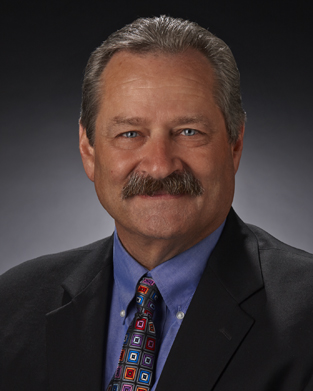



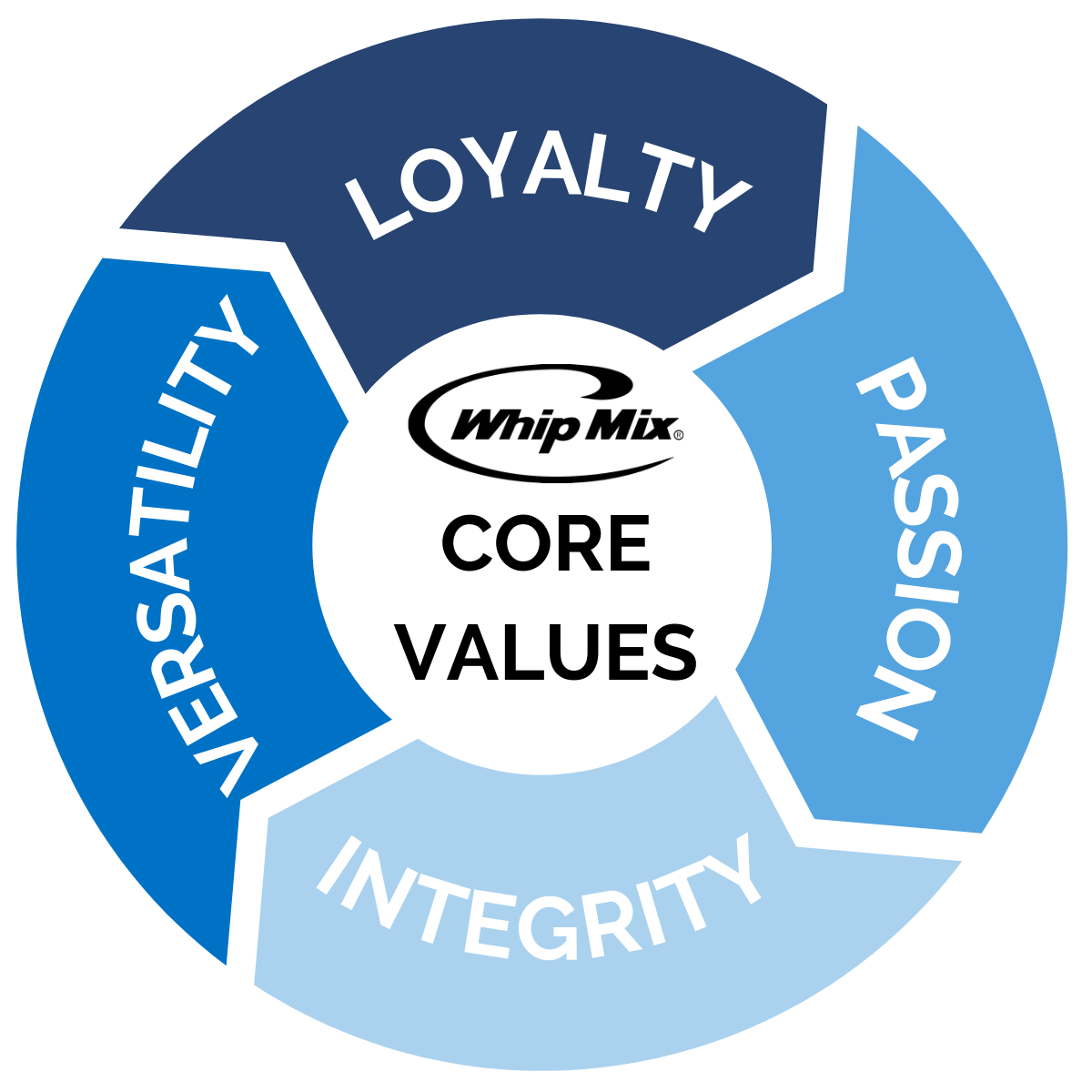
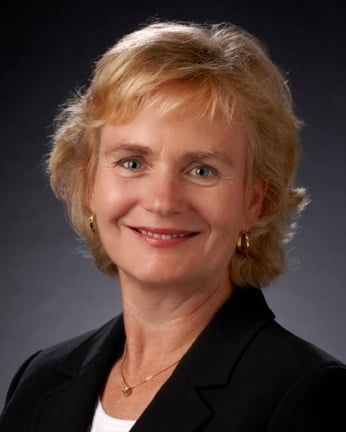

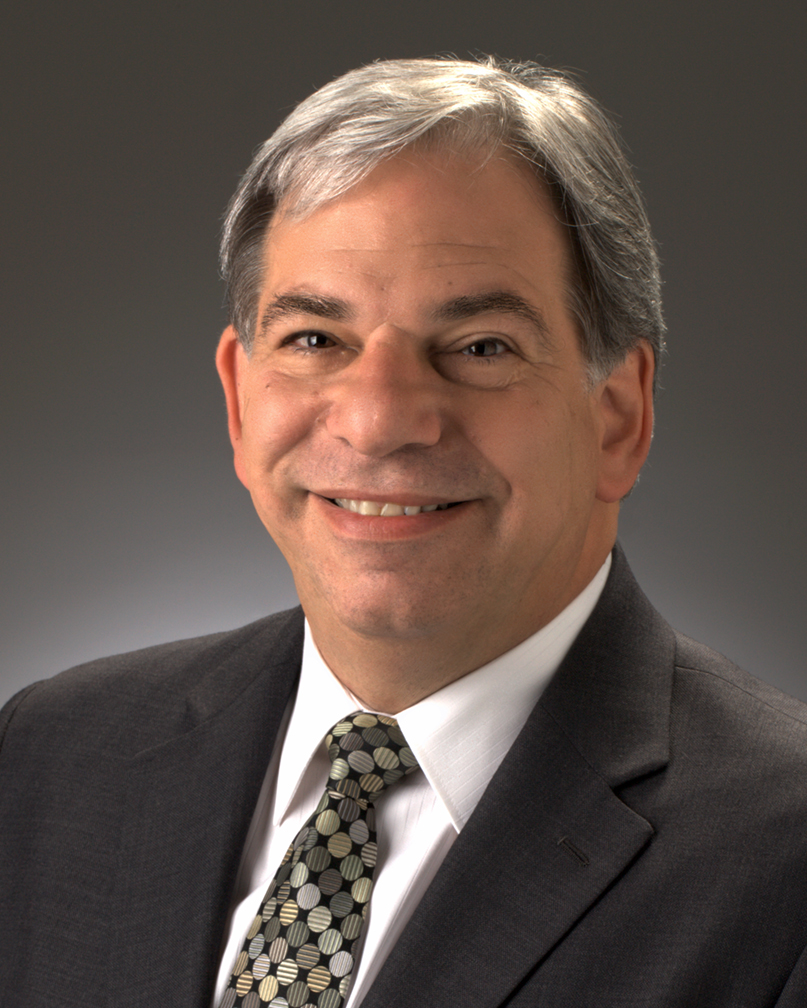
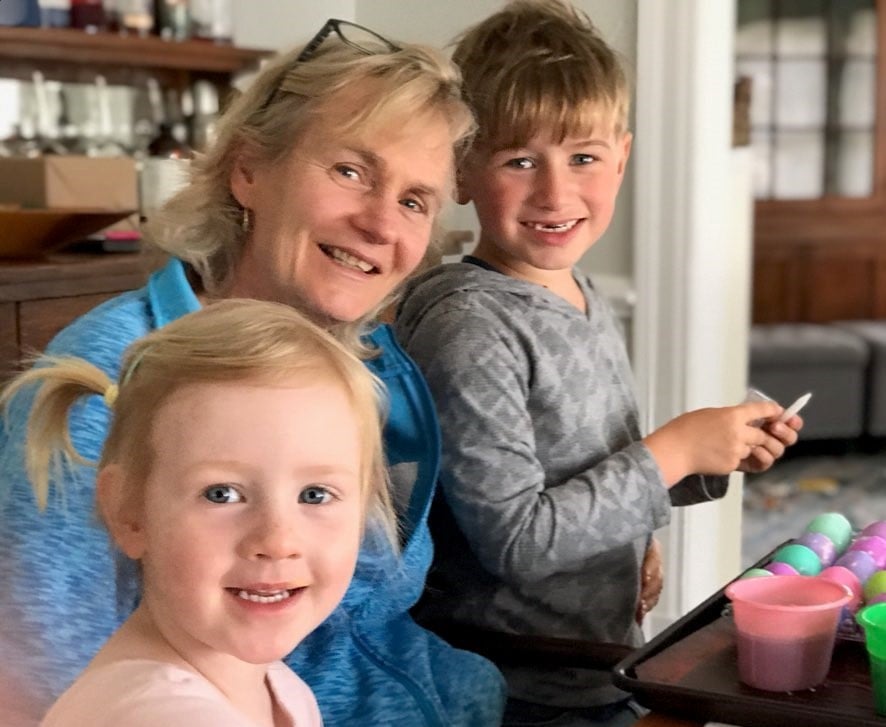
Leave a comment